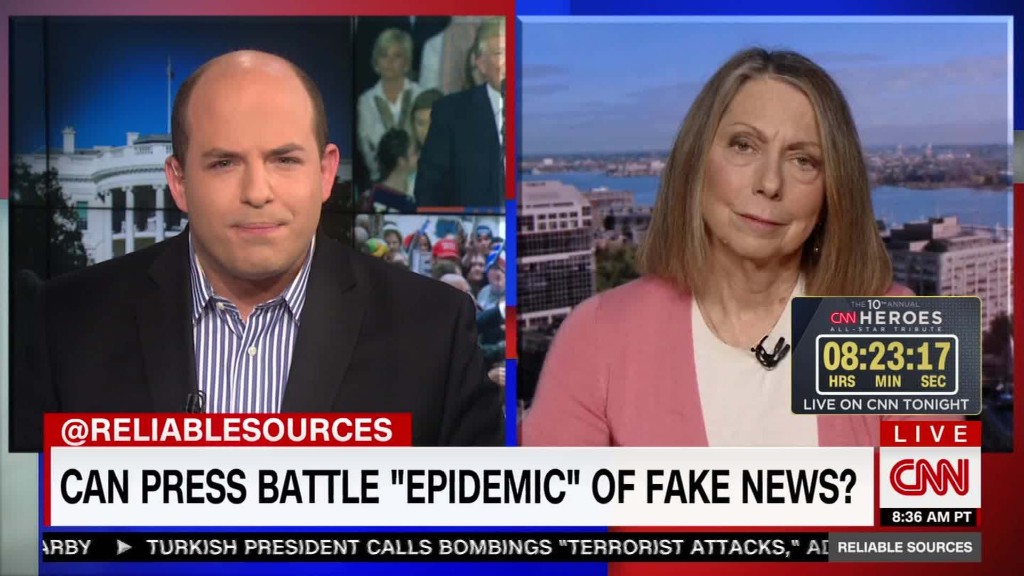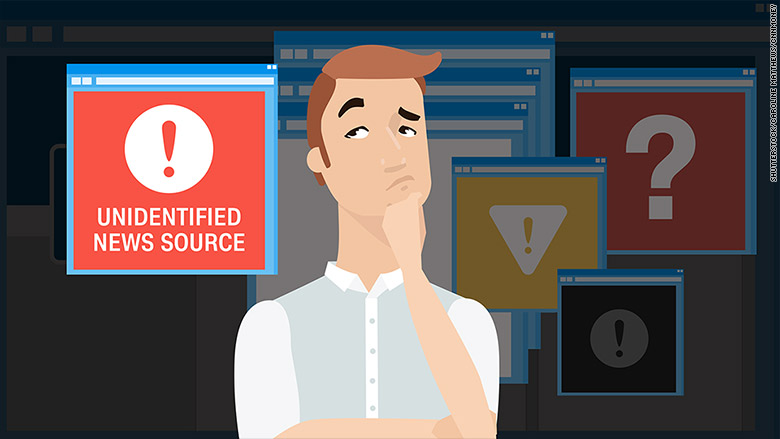
All that fake news has taken its toll.
Nearly two-thirds of American adults (64%) believe that fabricated news stories have caused a great deal of confusion about the basic facts of current events, a new report from the Pew Research Center says.
"In the wake of the 2016 election, everyone from President Obama to Pope Francis has raised concerns about fake news and the potential impact on both political life and innocent individuals," the Pew report states.
"This sense is shared widely across incomes, education levels, partisan affiliations and most other demographic characteristics," the report says.
The report comes less than two weeks after fake news stories about a secret child prostitution ring at a Washington, D.C. restaurant allegedly convinced one man to go to it with an assault rifle to investigate it for himself, and just one day after a Tennessee newspaper acknowledged it could no longer stand by its account of a mall Santa who claimed a terminally ill child had died in his arms.
The 2016 presidential campaign saw a bevy of fake news stories, from reports that Hillary Clinton and John Podesta were involved in the nonexistent child prostitution ring to reports that Democrats wanted to impose Islamic law in Florida.
According to the survey, which was conducted among 1,002 U.S. adults, 23% of Americans say they have shared a made-up news story, and 14% say they shared a story they knew was fake at the time.

So, who did the respondents think is to blame? Politicians? The public? Social media? In short, all of the above.
"Americans collectively assign a fairly high and roughly equal amount of responsibility to all three of these groups," the report states. "Fully 45% say government, politicians and elected officials have a great deal of responsibility, roughly equal to the proportion who say a great deal of responsibility lies with members of the public (43%) and with social networking sites and search engines (42%)."
Of course, part of the problem with fake news, which could have affected the survey results, is that not all of us even agree on what's fake.
On Tuesday, the fact-checking site PolitiFact awarded its "Lie of the Year" award to fake news.
"In 2016, the prevalence of political fact abuse -- promulgated by the words of two polarizing presidential candidates and their passionate supporters -- gave rise to a spreading of fake news with unprecedented impunity," PolitiFact wrote.


